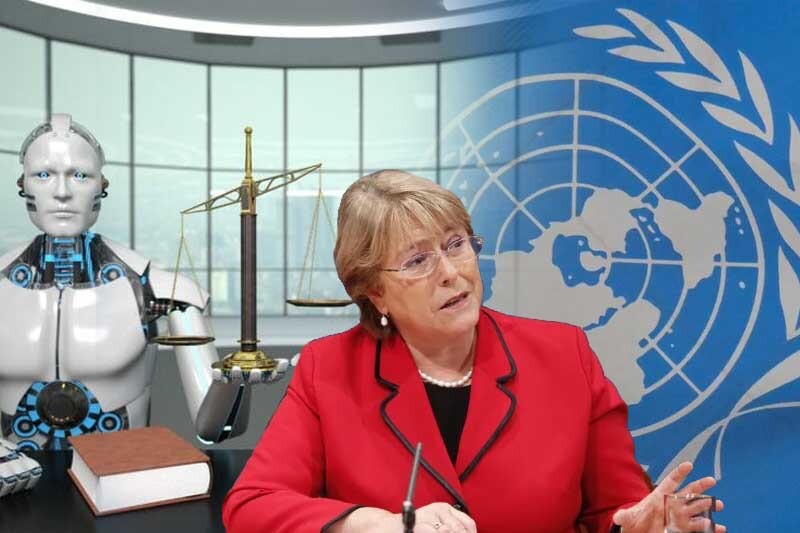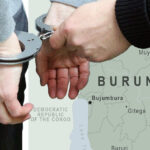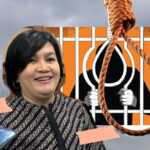
un raises concerns over ‘serious risks’ ai poses for human rights
The United Nations High Commissioner for Human Rights Volker Turk on Saturday raised warnings about recent advances in artificial intelligence posing serious threats to “human agency, human dignity and all human rights,” and called for effective guardrails to prevent violations.
There have been deepening concerns over dangerous entities, such as AI-guided drones, ‘slaughterbots’ capable of killing without human intervention, and the growing risk that AI could exacerbate a military conflict.
This week, over 60 countries across the world, including China and the US, called for regulating AI in defence in an effort to ensure it “does not undermine international security, stability and accountability”.
Artificial intelligence has revolutionised internet searches, changed the way people used to monitor their health, and introduced innovations, such as an app that can generate all sorts of written content in no time on just a simple request.
Keep Reading
Tensions between the advantages of AI and risks to human rights become more prominent in the field of privacy. These days, large amounts of personal data collected – with or without our knowledge – can be used to profile us or generate predictions of our behaviours. We keep on feeding machines data every day, without knowing who is going to use the information, for what purpose and why.
In addition to breaches of privacy, critics have also long been raising concerns over biased algorithms. There is growing evidence that people from vulnerable communities particularly encounter discrimination by biased algorithms.
Machines function on the basis of what humans feed them. If a system is fed human biases – consciously or subconsciously – the result will eventually be biased. Therefore, the design of AI systems must embrace more diversity and inclusion in order to help the machines detect discrimination and prejudices.
Read More:- Thousands Of Ambulance Workers Stage Latest Strike Over Pay









